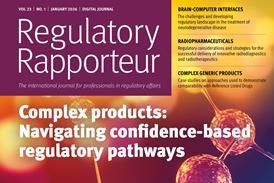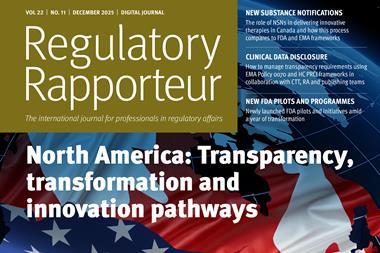Rosin, a form of resin taken from a Norway spruce and used to treat the strings of instruments for thousands of years, has been found to also function as an effective disinfectant against drug-resistant bacteria, according to a study published in the Journal of Applied Microbiology.
Commonly used by violin players to enable their bow to have better contact with the instrument’s strings, previous studies had uncovered that rosin had some antimicrobial properties antibacterial properties against gram-positive bacteria in an agar plate diffusion test, but crucially not against gram-negative strains.

The most recent studies undertaken by a team of scientists at Queen’s University Belfast sought to explore rosin’s potential as a novel disinfectant in the healthcare setting, against a background of worsening levels of hospital-acquired infections (HAI).
Current disinfectants have been shown to have decreasing efficacy against bacterial spores that have adapted to demonstrate increased resilience to cleaning methods that deploy high temperatures or powerful, conventional chemical agents, such as bleach.
The researchers have demonstrated that rosin is particularly effective against pathogens that are commonly responsible for HAIs including Clostridium difficile (C. diff) and the so-called ESKAPE pathogens (Enterococcus faecium, Staphylococcus aureus, Klebsiella pneumoniae, Acinetobacter baumannii, Pseudomonas aeruginosa, and Enterobacter species).
The team conducted a study to evaluate the effectiveness of rosin against ESKAPE pathogens and C. diff. This involved testing rosin in different contexts and found that that rosin demonstrated significant efficacy in clean conditions but was even more effective against these pathogens in a dirty environment.
“It’s counterintuitive to the performance of typical disinfectants [where] effectiveness usually decreases with organic contamination. This could be a game-changer in infection control,” said Dr Thomas Thompson, study lead and Research Fellow at the School of Pharmacy, Queen’s University, Belfast.
They also discovered rosin to be highly effective against C. diff spores when used together with hospital cold sterilant glutaraldehyde; the combination completely eradicating spores from two different classes of C. diff.
However, glutaraldehyde was not effective on its own at reducing C. diff spore numbers. Other disinfectants commonly used in hospitals, including sodium dichloroisocyanurate and hydrogen peroxide, were similarly ineffective in reducing spore count when used independently.
“This isn’t just a scientific victory; it’s a societal lifeline. Rosin’s ability to cleanse where other [cleaning agents have] failed could redefine disinfectant in key clinical environments,” Dr Thompson added.
Further reading:
Rosin as a natural alternative for the effective disinfection of ESKAPE pathogens and Clostridioides difficile spores: https://academic.oup.com/jambio/article/135/1/lxae008/7581982?login=false
Antimicrobial properties of natural coniferous rosin in the European Pharmacopoeia challenge test: https://doi.org/10.1111/j.1600-0463.2011.02791.x
Mechanisms of antimicrobial resistance in ESKAPE pathogens: https://pubmed.ncbi.nlm.nih.gov/27274985/










































No comments yet